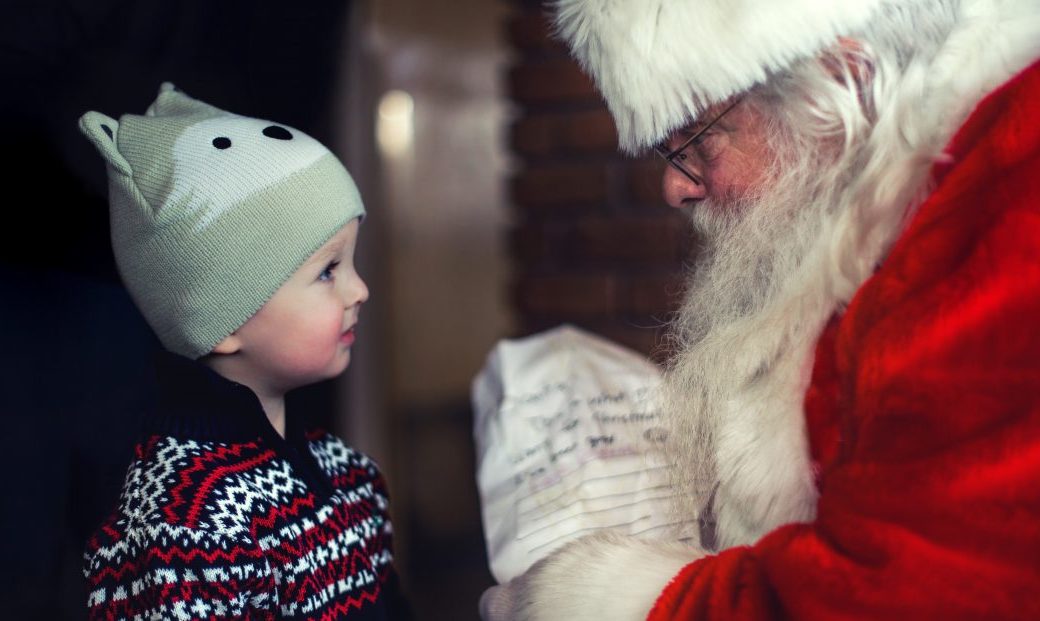When the kids were little, they would mark up all the catalogs to make their Christmas wish lists. It seems like yesterday. I remember their giggles of anticipatory joy, crossing off each day on the calendar until Christmas day FINALLY arrived.
Something about kids and Christmas . . . it’s almost magical.
But those magical moments changed the year I began to shop for my son with disabilities. He struggled with sounds that were too loud or when the weather was too cold, and all those Christmas catalogs packed with toys for typical kids meant nothing to him.
He couldn’t conceptualize the meaning of Christmas, which completely disrupted the traditions we had enjoyed for years.
It is difficult to navigate the holidays—or any major event—when a loved one in the family is incapable of understanding and experiencing the delight of it all.
Finding gifts for those who have . . .
- Little to no imagination
- Or who have sensory challenges
- Or who may not be social
- Or who resist changes in routine
Creates challenges during holidays and celebrations.
The holidays don’t have to be miserable just because they are different than they were before. I’ve been at this for 20 years; it’s taken time to adjust, to figure out how to incorporate differences and honor each person. Here are 12 tips to remember when celebrating life together.
Host Thoughtfully
What people typically enjoy during the holidays may not be enjoyable to those with disabilities. Plan caregiving needs ahead of time so the others can enjoy time together.
For example, if you are hosting people with sensory issues, provide earphones and sensory-calming items, and offer quiet rooms with adjustable lighting.
Forcing the individual to enjoy what typical people enjoy never works. Instead, be sensitive to everyone’s needs.
Share Your Plans
Make a visual schedule ahead of time so the person knows what is happening next.
Surprises are not fun for those with cognitive challenges.
Safety First
Put decorations in safe places. Instead of having a Christmas tree on the floor (and having it pulled over), try placing it on a counter or in a spot where it won’t be a danger for the whole family.
Be a Plan-Ahead Guest
Let family and friends know ahead of time about your loved one’s needs.
People know how to offer support when you openly communicate ways to accommodate your loved one’s disabilities.
This can eliminate frustrations and misunderstandings.
Shop Online
Malls and grocery stores can be busy and loud; keep frustration low by shopping online as much as possible.
BYOF
Plan to bring food to parties for individuals on special diets.
Story Time
Utilize appropriate stories for kids who struggle in social settings.
Schedule Rest
Plan for mini-breaks on busy days. Use sensory-calming activities and have quiet spaces available so the person isn’t overstimulated.

Fresh (Energy) Is Best
Schedule activities earlier in the day. Many people with mental and cognitive challenges struggle most later in the day.
Plan to celebrate before they are worn down and easily irritated.
Make a Wish List
Let others know where they can find gifts for your special-needs loved one.
Make a list of specialized gifts. Here are a few resources for special needs gift items:
- Toys R Us has a special needs gift guide.
- Able Play carries unique gifts.
- An extraordinary place to find gifts is The Therapy Shoppe.
- eSpecial Needs is a very helpful site for special needs ideas.
Gift Cards
Remember gift cards for games and apps are wonderful for any occasion.
Carve Out Alone Time
Plan time for yourself if you are a caregiver.
Holidays are difficult, and often caregivers need space to grieve, journal, and rest.
Holidays present unique challenges; give yourself some quiet time to reflect and nurture your own soul.
Let Me Hear from You
These are twelve tips that I’ve found helpful during the holidays. What has worked for your family? Let’s connect and help one another enjoy this wonderful time of year.
You can leave a comment by clicking here.
